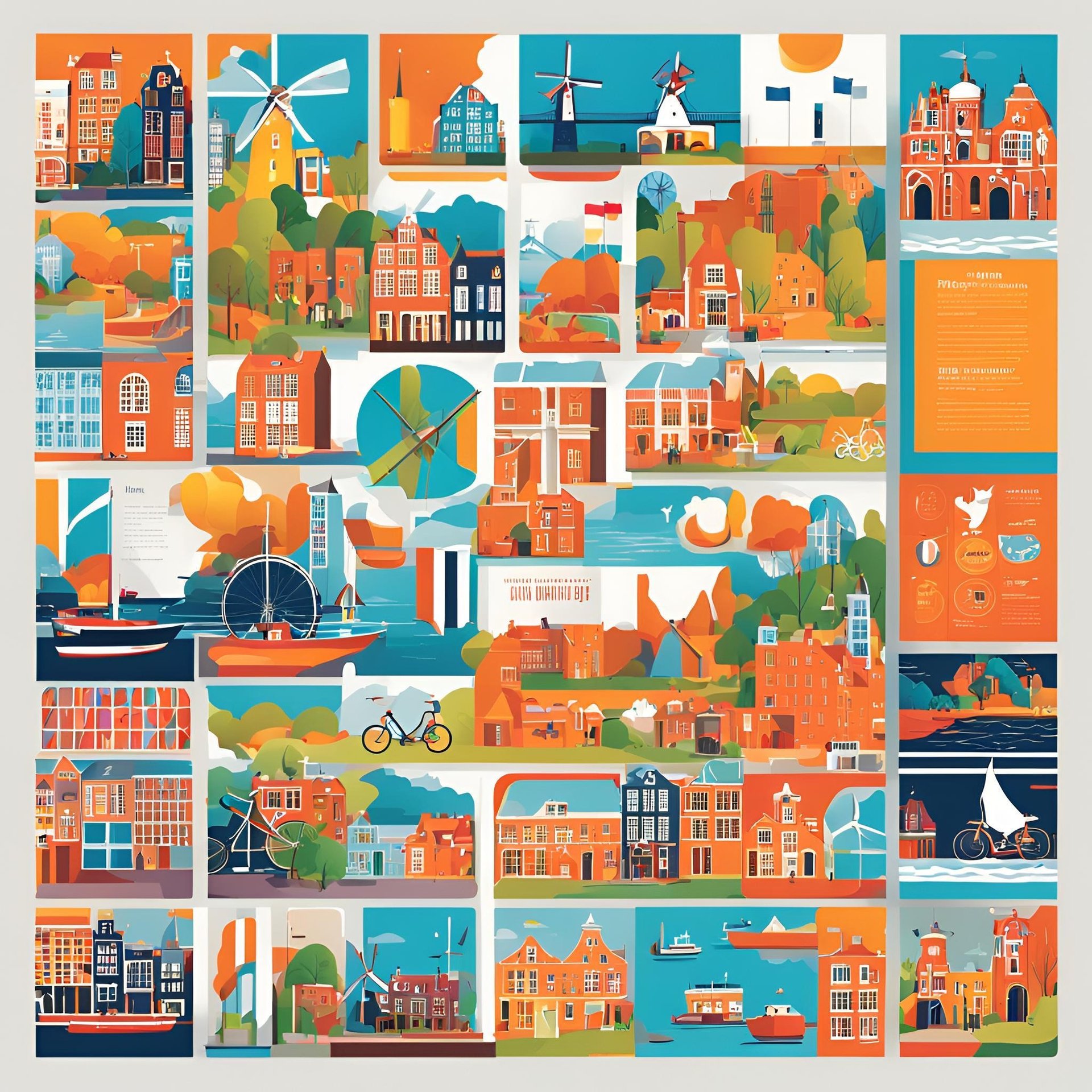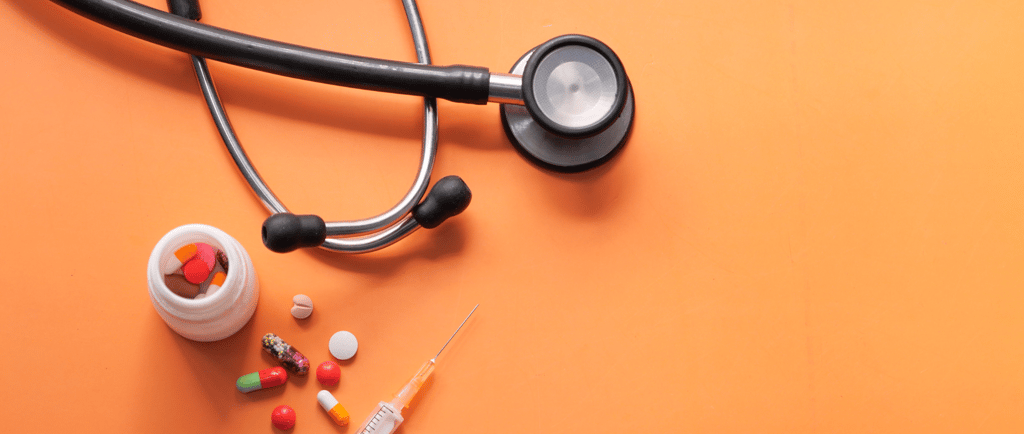
Dutch Healthcare 101: Stay Healthy, Stay Happy (and Maybe Bike it Off)
When you move to the Netherlands, there are a few things you can’t avoid: cycling, cheese, rain, and... health insurance. Yes, in this land of tulips and tidy streets, having health insurance isn’t just a good idea—it’s mandatory. But don’t worry, the Dutch healthcare system is as organized and straightforward as a train schedule (well, most of the time). Let’s break it down for you, expats, students, and families alike. Click and learn more!
HEALTHCARE
12/14/20242 min read


Basic Health Insurance: Your Golden Ticket (Basisverzekering)
The Dutch believe in covering the essentials, and Basic Health Insurance does just that. It’s required by law for anyone living or working here, and it has you covered for life’s “uh-oh” moments.
What it Costs: Expect to pay between €120-140 per month, with an annual deductible (eigen risico) of €385.
What’s Included:
GP visits (your huisarts will be your new best friend).
Hospital care and emergencies.
Basic mental healthcare (yes, the Dutch know life can be stressful sometimes).
Maternity care and midwives.
Vaccinations and pediatric care for kids—because healthy children are happy children.
For parents: the good news is that kids under 18 are insured under your policy for free. So, while you’re paying for those endless soccer shoes, at least you’re not paying extra for their healthcare.
Extra Health Insurance: Because Basic Isn’t Always Enough
Need a little extra? Whether it’s dental care, physiotherapy, or even alternative medicine, Additional Insurance (Aanvullende Verzekering) is available to cover what the basic policy doesn’t.
Add-On Examples:
Dental care (because braces aren’t cheap).
Extra physiotherapy (for that inevitable cycling injury).
Vision care (glasses and contact lenses aren’t included in basic).
Cost-wise, this will set you back an extra €10-40 per month. It’s optional, but handy if you want a little more peace of mind.
The GP: Your Healthcare Gatekeeper
Here’s a fun fact: in the Netherlands, your huisarts (GP) is the gateway to all healthcare. Whether you’ve got a mysterious rash or a sprained ankle, you’ll need a GP referral before seeing any specialist.
How to Register: Find a local GP (ideally walking or biking distance), bring your ID, insurance details, and maybe a smile. Most GPs are friendly, efficient, and not afraid to tell you to “take paracetamol and rest” for minor issues.
After-Hours Care: For emergencies that can’t wait, the Huisartsenpost offers after-hours GP services.
Emergency Care: When Things Get Serious
For life-threatening situations, call 112 or head to the hospital’s emergency department (Spoedeisende Hulp). Basic insurance covers emergencies, but don’t expect the Dutch to waste time on unnecessary ER visits—they take their practicality seriously.
Healthcare for Students & Expats
Whether you’re here for a year or a lifetime, there’s a healthcare option for you:
Students:
EU students might be covered with their EHIC card, as long as they’re not working.
Non-EU students need to sign up for Dutch insurance, but there are student-friendly packages to make it affordable.
Expats & Families:
Maternity care is stellar here, with midwives leading the charge (home births are super popular, but hospitals are an option too).
Pediatric care and vaccinations are included in basic insurance, making family life a little easier.
Mental Health: It’s Okay Not to Be Okay
Feeling a little overwhelmed? The Dutch healthcare system includes basic mental health support, with therapy covered after a GP referral. Universities also offer counseling for students, and there are plenty of online resources like 113 Suicide Prevention if you need someone to talk to.
Final Thoughts: Keep Calm and Stay Insured
Navigating Dutch healthcare may seem daunting, but once you’ve got your insurance sorted and your GP on speed dial, you’ll be set. Whether it’s a regular check-up or an emergency, the system is efficient, family-friendly, and built to keep you healthy and happy.
And remember: if all else fails, the Dutch will tell you to bike it off. It’s not official medical advice, but hey, it works for them! 🚴♂️
NetherGuides
Your resource for thriving in the Netherlands.
© 2024. All rights reserved.
Top 10 Things to Do When You Arrive in the Netherlands
Daycare, Schools, and Activities in the Netherlands
How to Open a Bank Account in the Netherlands
Residence Types and Registration Process
Housing types and finding a home
Dutch Higher Education
Health Insurance in the Netherlands
Work Permits and Rights in the Netherlands
Essentials for Everyday Life in the Netherlands
Quick Facts and FAQ
